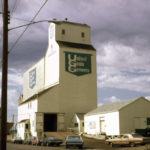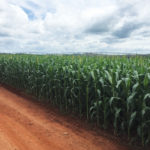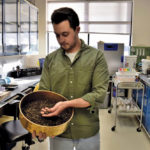
Tag Archives Business/Finance

Risky business? For farmers it’s just another day at the office
Peril can come in all forms, from the predictable to ‘black swan’ events

Comment: Looking back at when co-ops ruled the elevator business
A new book reveals new information on the last days of the Prairie grain co-ops
Letters: Buying local no disaster

KAP passes resolutions on farmland access
Delegates raised concerns of private investors buying land and squeezing farmers out of the market

Brazil antitrust regulator opens probe
Move comes after executives of meat packers JBS and BRF said corn prices would be passed on

Comment: Growing agriculture’s next generation
More needs to be done to demonstrate agriculture is a great career choice

Province brings in the experts on protein strategy
The province says the promised protein consortium has launched, and will give needed expert direction to Manitoba’s protein strategy

Beijing is in control of global soybean market
China’s demand is dropping as it commits to more U.S. supplies

Markets watch the weather
Rain makes grain, and it’s one of the most volatile variables for Prairie farms

Regenerative ag finds a corporate champion
General Mills supports regenerative agriculture, but says it’s not about something to slap on its label




